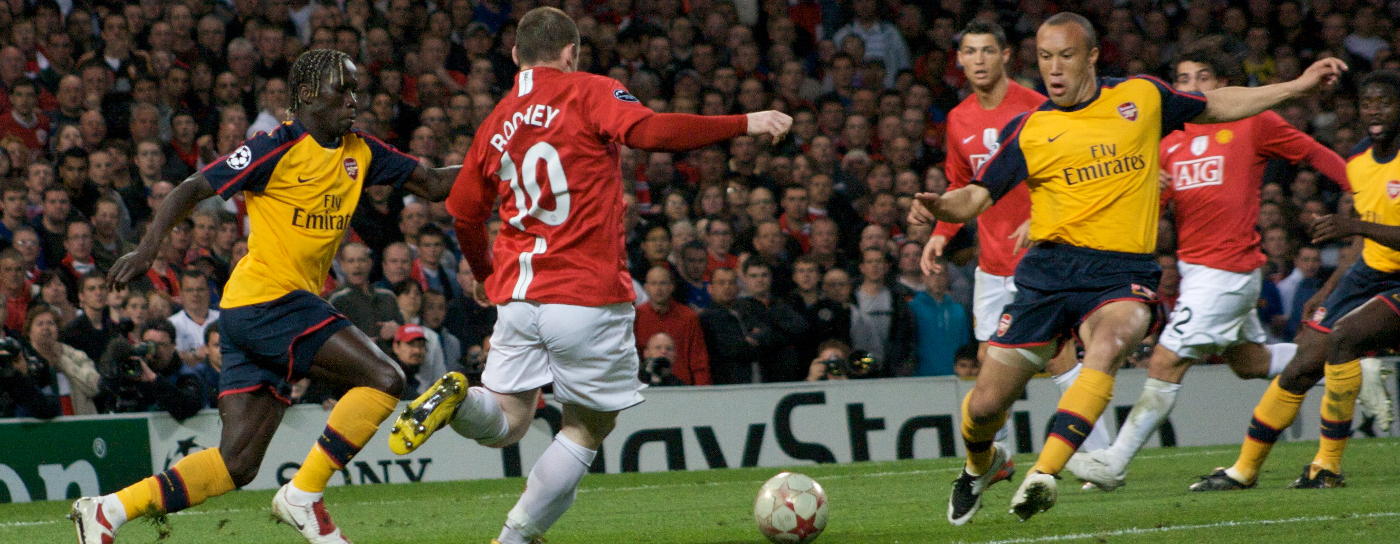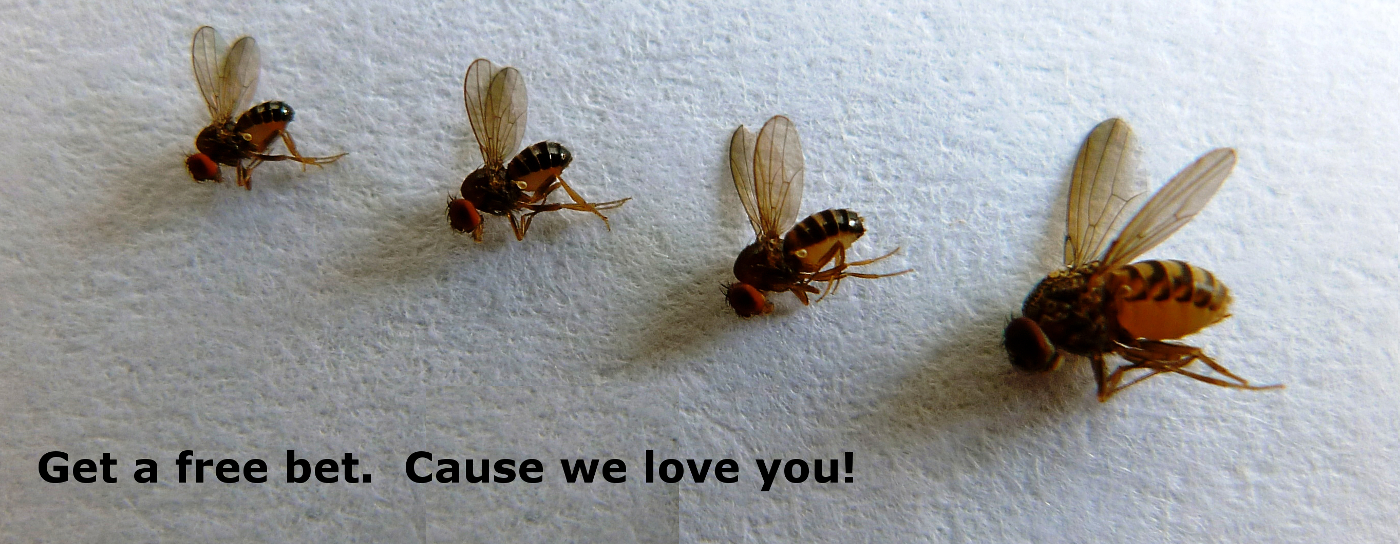
J4P submitted to the Gambling Act (2005) review two days ago. This followed 4-6 weeks where everything else had to virtually stop, because to submit properly needed a lot of reading and listening. Of course this reading and listening had been going on for years before the last 4-6 weeks.
During this 5-6 year period J4P has seen a dramatic improvement in sections of the gambling industry listening. Conversely, there has been a failure by some others to read much at all or listen, i.e. they just shout and peddle their own agendas and worse still some claim they understand evidence, when they clearly do not. To be fair, the latter group is life, just think Covid.
The baton has now been passed to the Department for Digital, Culture, Media and Sport (DCMS) to do the reading and listening concerning the gambling industry. J4P suspects that the reading load will be huge. J4P does know the DCMS has been listening. A recent freedom of information request outlined that the Betting and Gaming Council (BGC) has had regular contact. Through private communication J4P also knows that some charities and individuals have had contact as well. As far as J4P knows these latter contacts have been mainly one-offs, unlike the BGC’s regular contact, but it could be the individual contacts have amounted to the same or greater level of contact than the BGCs.
Reading and listening is not enough though, what the DCMS now has to do is analyse, synthesise and then make recommendations they feel will improve the safety and fairness of the UK’s legal and regulated gambling industry whilst trying to ensure it remains competitive and profitable. Their decisions will potentially impact a number of other industries, not just the gambling industry, thus creating added pressure. J4P wishes the DCMS luck (pun intended), because it’s a huge task.
J4P has suggested 42 ‘Possible Solutions’ despite not answering all the questions posed by the DCMS. Some of the questions were not within our knowledge and/or experience.
For every question we answered we presented evidence, based on the best available. Unsurprisingly, there were plenty of occasions where the accepted highest levels of evidence weren’t available, e.g. evidence from a systematic review or meta-analysis. Again unsurprisingly, some of the evidence J4P has provided is case based, e.g. redacted examples from our voluntary work. This provided a balance of evidence of varying quality from around the world and some which is very specific to how the UK gambling industry presently operates.
This process gave an insight into the huge task the DCMS faces. A lot of the so called evidence they will have to analyse and synthesise will be absolute nonsense dressed up as ‘gold standard’. Who will have the responsibility of sorting the ‘wheat from the chaff’? If the DCMS do their job incorrectly people will continue to be harmed and others will be treated unfairly in numbers that will be far higher than they could or should be.
Is this review going to be evidence led or is it going to be another democratic sham poisoned by lobbyists, commercial interest and the protection of tax income? A lot of people will be watching to see what happens. Get it right and the potential benefits are immense, get it wrong and we’ll be having another review pretty soon, possibly driven by the legal profession.








